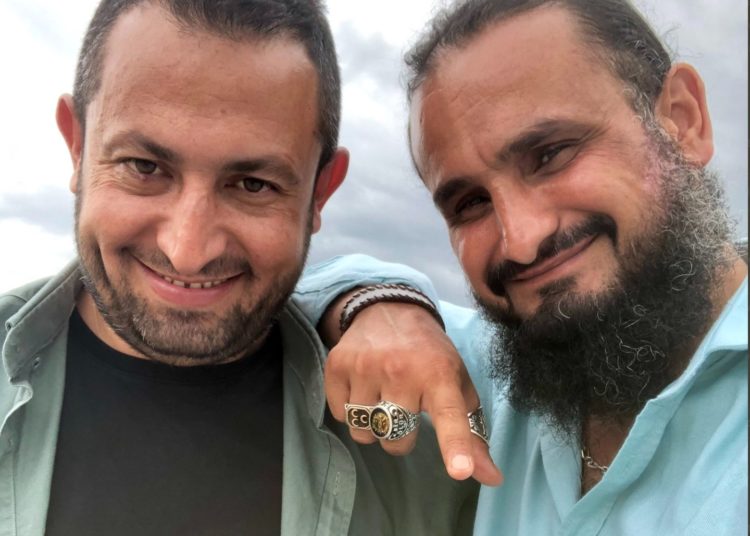Abdullah Bozkurt/Stockholm
A Turkish building contractor who runs an outfit to help jihadist groups in Syria had links to the assassin of a Russian ambassador, yet Turkish authorities decided to overlook his links and did not investigate him as a suspect in the case, documents show.
According to phone records, Mevlüt Mert Altıntaş, the 22-year-old Turkish police officer who assassinated Russian Ambassador to Turkey Andrei Karlov on December 19, 2016, knew Tahsin Şenlik, a contractor who lives in the Turkish capital. Yet in the statement he gave the police on December 21, 2016 as person with knowledge of the incident, Şenlik denied he knew the killer and falsely claimed he had never spoken to him or met him.
“I do not know the person named Mevlüt Mert Altıntaş, who is a suspect in the incident, I have never seen, spoken to or contacted this person, whose face I saw on television and on the Internet after the murder,” Şenlik told the police.
Tahsin Şenlik’s police statement:
The evidence in the case file shows the killer actually talked to Şenlik twice on the phone in the morning hours of September 5, 2016.
Financial records also show that the killer wired funds to the organization run by Şenlik as a front to raise funds for jihadist groups. On May 20, 2016 the killer sent 116 Turkish lira to the foundation and wired 1,200 Turkish lira again on September 5, 2016, the day he spoke to Şenlik.

The contractor has for some time been leading a jihadist organization called the Musab Bin Umeyir Association for Mosque Building, Maintenance, Education and Culture (Musab Bin Umeyr Camii Yaptırma Yaşatma Eğitim ve Kültür Derneği), the stated purpose of which was to raise funds for construction of a mosque but whose real purpose is to fund jihadist groups operating in Syria, Iraq and other places. The mosque that was built functioned as a hub for jihadist figures even though the operation was handed over to the government’s religious authority, the Diyanet.
The association has raised funds for sending pickup trucks to jihadist groups in Syria where armed men used assault vehicles with artillery mounted in the flatbed.
Şenlik is also linked to Sedat Peker, a convicted mafia leader who has threatened Russia in the past, advocating a view that Chechen militants should be trained by Turkish intelligence to be unleashed in Russia. Similar threats were made against Europe and Israel over their criticism of Turkish President Recep Tayyip Erdoğan. Peker’s links to the government helped him escape imprisonment and new charges until he fell out with Erdoğan’s son-in-law Berat Albayrak earlier this year and fled Turkey.

The Turkish prosecutor who investigated the murder of the Russian envoy in 2016 overlooked the connection of the killer to Şenlik and did not even list him as a suspect in the case.
There are a number of pieces of evidence in the case file that show the killer was radicalized by jihadist literature, attended prayer circles organized by pro-government jihadist cleric Nurettin Yıldız and had been befriended by known al-Qaeda militants. However, the government did not pursue the leads into jihadist networks and did not investigate al-Qaeda figures who worked with the killer. It was also revealed that the Erdoğan government awarded the killer 34 bonuses in two years’ time.













